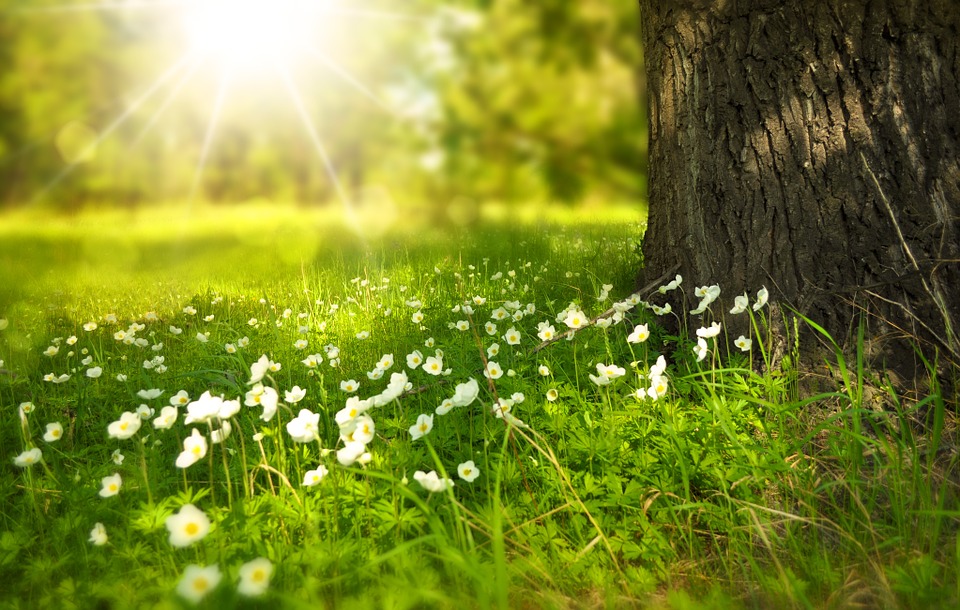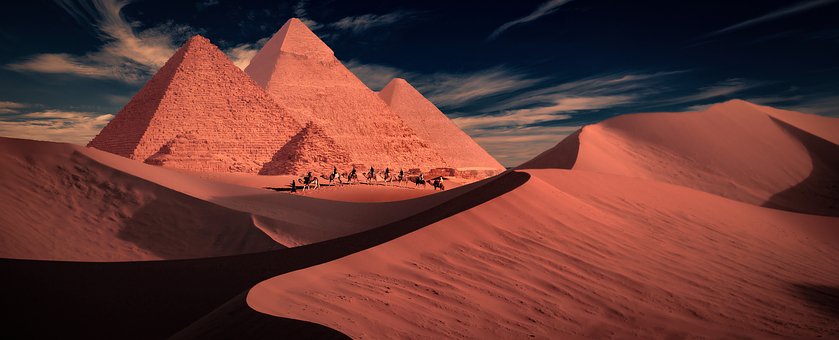We have all committed incalculable karma of killing lives since beginningless time. Even so far in this lifetime alone, we have generated enough such karma to send us to the hell realm. And the best way to counteract this karmic effect is to liberate living beings. At the same time, we must also resolve by making a pledge not to intentionally kill or hurt ANY sentient beings ever again. With such determination, all negative karma associated with killing lives will indubitably be purified. In case one’s resolution is not yet as firm, the pledge can be made on account of the selected beings of one’s choice. For example, one can vow never to kill snakes or weather loaches again from now on. When this vow is made and the beings are subsequently freed, one’s specific karma of killing snakes or weather loaches from beginningless time will then be purified, but that of killing other kinds of beings stays.
~Depicted from THE RIGHT VIEW - Liberating Living Beings











